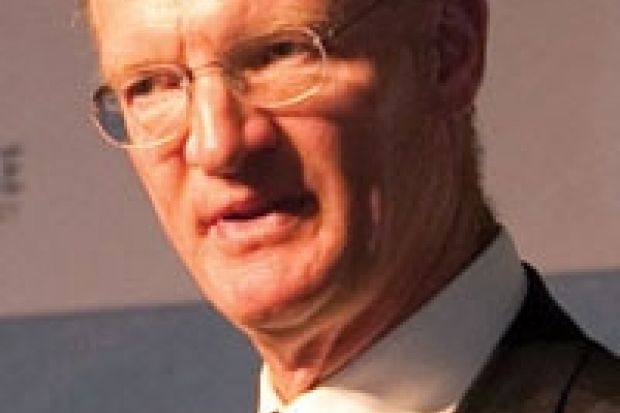The universities and science minister said the government hoped to “backload” most of the proposed reduction in the teaching grant to run alongside the introduction of the new graduate payment regime from 2012.
However, he told the Business, Innovation and Skills Committee yesterday that it would also be looking for the sector to find savings in 2011-12, when fees will be capped at £3,375.
Asked by the committee chair, Labour MP Adrian Bailey, if there was a risk that government cuts could cause some university departments to close, Mr Willetts said: “It is not possible to give a guarantee that all departments do carry on, and we are looking for savings that start in 2011-12.”
He later added: “You have to expect that there will be pressure on universities to save money, and we don’t think they should be exempt from the pursuit of efficiencies.”
The minister, who said the government was likely to follow Lord Browne of Madingley’s recommendations that teaching funding for arts, humanities and social sciences be scrapped, was also questioned on the size of the overall cut to the teaching grant by 2014-15.
Mr Willetts said he could not give a precise percentage figure, but indicated that most of the £2.9 billion cut to the overall higher education budget earmarked in the Comprehensive Spending Review would come from teaching.
Mr Willetts added that the higher education budget also included student maintenance costs, which are likely to go up if Lord Browne’s proposals are adopted.
Mark Fuller, director of communications for the 1994 Group of smaller research-led universities, said it was “now certain” that any gains made from higher fees would replace, rather than enhance, the teaching grant for subjects other than science, technology, engineering and mathematics.
He said that the group was “worried about the prospect of a funding gap before the new system is in place”.
“This could create a crisis for many institutions as they struggle to meet their short-term financial obligations. The government must give reassurances that this will not be the case,” Mr Fuller added.
